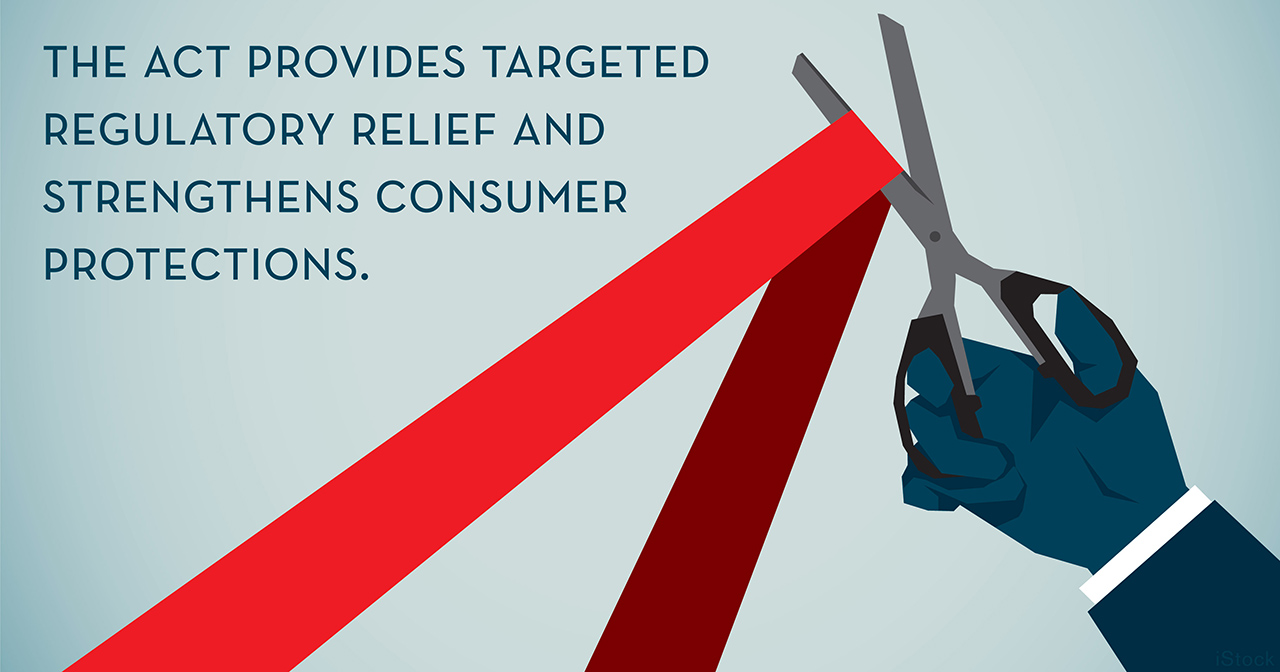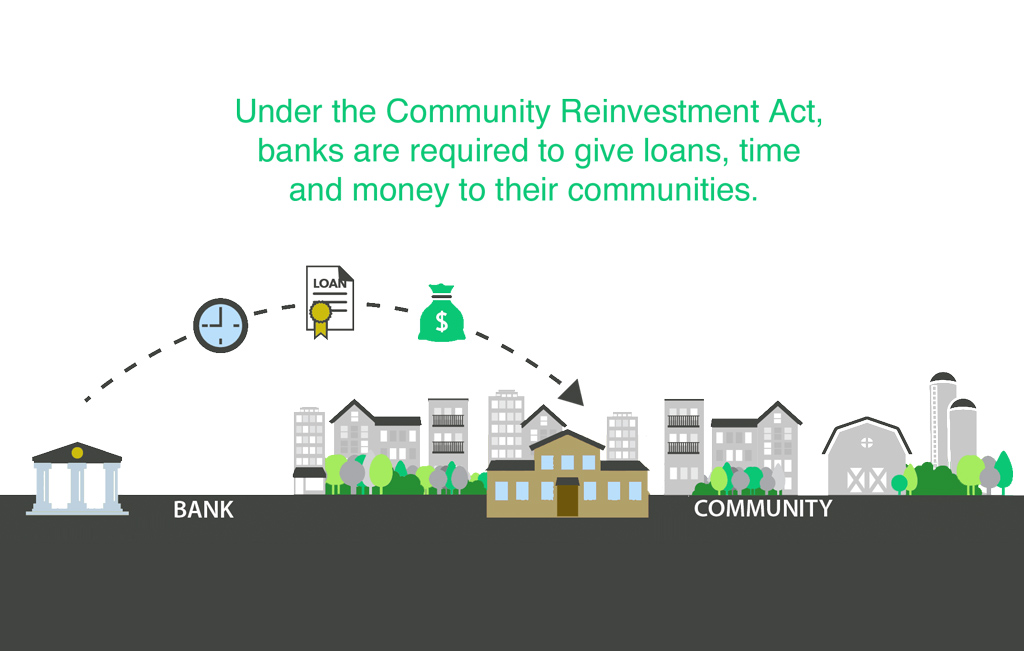
Conservatives got a lot of mileage around 2008 blaming the federal Community Reinvestment Act for the financial crash. The 1977 law, which requires banks to lend in neighborhoods where they take deposits, supposedly saddled banks with loads of risky loans that turned sour once the housing market collapsed.
This myth is largely the work of right-wing propagandists who never miss an opportunity to blame government for whatever goes wrong, damn the real cause. In fact, the CRA had little to do with the housing bubble and inevitable crash, which occurred a quarter century after the CRA took effect and largely involved lenders the law didn’t govern.
That assault didn’t work, so now another one is under way – from within the administration that is supposed to be enforcing it.
The CRA attempts to halt racial discrimination in home lending, a practice that involves “red-lining,” or avoidance of poor, largely minority neighborhoods collectively considered bad credit risks. It does not, however, require banks to lend to bad individual credit risks – households and businesses that lack the creditworthiness needed to assure a lender.
Nonetheless, since 1996 the CRA has helped bring nearly $2 trillion in small-business and community-development bank loans to underserved areas, according to the National Community Reinvestment Coalition.
The CRA does not impose penalties on banks that don’t meet its standards; it assesses bank performance by a number of criteria that vary depending on the size of the institution. Small banks are assessed by things like loan-to-deposit ratios and the proportion of loans in their assessment regions. Large banks face those and additional criteria, such as the geographic distribution of retail branches. (The law authorizes regulators to block expansions and mergers by noncompliant banks.)
Banking has changed since 1977 in ways that arguably require modifying the law; for example, in the age of online banking, some areas aren’t served by branches. But Donald Trump’s Office of the Comptroller of the Currency wants to reform the CRA in ways that many fear will weaken it. That’s no surprise, given that the Trump regime’s idea of swamp-draining entails everything from unleashing systemically risky financial institutions to hollowing out environmental-protection laws.
The OCC is considering replacing the law’s varied standards with a single metric, such as total fair-lending activity to a broad measure like total bank assets. OCC chief Joseph Otting calls this the “one ratio” concept.
A fixed target would simplify matters for the banks, but it might also allow banks to cherry-pick from underserved areas anywhere – not just in their neighborhoods – to assemble the highest-value, lowest-risk clients, doing the least they can get away with to hit the magic number. That could drive lending to large cities with high home prices, and away from smaller communities. For low- and moderate-income areas, the NCRC says, that could mean a loss of 10 to 20 percent – or between $52 billion and $105 billion – in loans over five years.
Even with the CRA, there can be huge racial disparities in lending. As the Associated Press reported this year, African-Americans in Washington, D.C., received just 2 percent of the 1,119 conventional home loans JPMorgan Chase made there in 2015-16, though this group accounted last year for 47 percent of the District’s population. An analysis by Reveal, from The Center for Investigative Reporting, AP noted, found that in 61 metropolitan areas minorities were far less likely than whites to receive a conventional home loan, even controlling for loan size and neighborhood.
The Trump regime has already weakened CRA significantly. In October, the OCC declared that discriminatory lending gets a pass if it’s “limited, technical or immaterial.”
Meanwhile, the Department of Housing and Urban Development is revising its “disparate impact” rule, which prohibits even neutral-sounding policies that disproportionately hurt minorities. It’s also weakening its Affirmatively Furthering Fair Housing rule, which requires the government to work toward housing desegregation.
There are people on the right who want to repeal the CRA altogether. But the fact that banking has changed over the past 41 years doesn’t nullify the rationale for the law. Taxpayers, after all, support banks through deposit insurance, the mortgage tax deduction and the safety net implied by Too Big to Fail.
If lenders are going to take deposits from underserved neighborhoods, they should be barred from systematically denying credit to their residents. Otherwise, they’re just profiting from the savings of low-income neighborhoods without providing the benefits capitalism is supposed to confer on one and all. Lending will have become an extractive business.
You can always argue that government policy somehow compromises private-sector efficiency, but some public purposes are bigger than that. The Pentagon is egregiously wasteful; does that invalidate its purpose? As the eminent economist Paul Samuelson put it, “every good cause is worth some inefficiency.”
Chris Gay is a veteran of financial journalism who writes from New York. Follow him @cgayNYC















